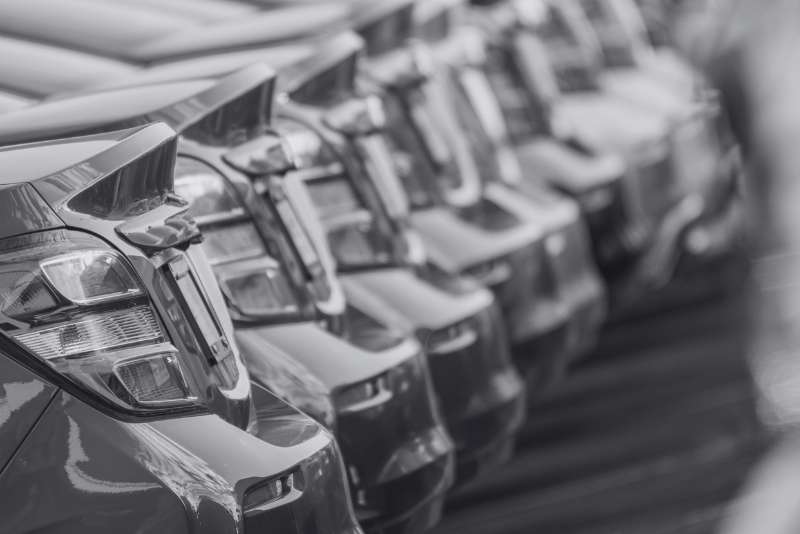
Shrinking Demand for Cars
The Indian automobile market is facing a serious downturn, with an alarming number of cars sitting unsold in showrooms. According to the Federation of Automobile Dealers Associations (FADA), approximately 780,000 cars have been stockpiled across the country. Dealers are reportedly overwhelmed, having taken deliveries from manufacturers, only to find customers unwilling or unable to purchase vehicles.
Industry experts highlight the drastic shift in consumer behavior, especially in light of declining economic conditions. A significant portion of the middle class, once a key consumer base, seems to have been priced out of the market. This growing financial strain is causing concern among dealers and manufacturers alike, particularly as no immediate relief is expected in the coming months.
Economic Factors and Employment Crisis
The slowdown in car sales is also linked to broader economic struggles, including a decline in job opportunities and stagnating wages. Recent data from the Indian Institutes of Technology (IITs), considered premier educational institutions, suggests a troubling trend. In 2023, the placement rate at IIT Bombay dropped to 75%, down from 82% the previous year.
Even for those who secured jobs, the salaries were significantly lower than expected, with some graduates receiving monthly packages of just ₹33,000 to ₹50,000. For many young professionals, these figures fall far short of the earnings required to afford new cars, further diminishing demand in the automobile market.
Rising Costs and Inflation
Inflation and rising costs are playing a significant role in the shrinking market for vehicles. The cost of manufacturing and selling cars has soared, with reports indicating that the current value of unsold cars has ballooned to ₹78,000 crore from an earlier estimate of ₹70,000 crore.
Even efforts to incentivize customers through discounts and promotional offers have failed to significantly impact sales. The rising cost of living, coupled with economic uncertainty, means fewer consumers are willing to take on new financial commitments like car loans.
Impact Across Vehicle Segments
The slump is not limited to private cars. The sales of commercial vehicles and tractors have also seen a marked decline, as has the two-wheeler segment. Experts suggest that these declines point to broader issues within India’s consumer economy.
While luxury SUVs remain in demand among wealthy buyers, the sales of mid-range vehicles—often associated with middle-class buyers—have dropped sharply. Anirban Chakravorty of The Quint notes that vehicles traditionally favored by the middle class have seen “a severe fall in sales,” reflecting the broader economic difficulties facing this demographic.
Car Manufacturers Respond
In response to the mounting crisis, car manufacturers are making efforts to adjust production and pricing strategies. However, concerns remain about the long-term viability of the market, particularly if current trends continue. Dealers are attempting to negotiate with manufacturers for better deals, but industry insiders are skeptical that this will provide enough relief.
The FADA has indicated that it does not expect sales to improve even during the upcoming festive season, traditionally a strong period for car purchases in India. The market, already in a fragile state, is showing little sign of recovery as consumers tighten their budgets and prioritize essential expenses over large purchases.
The Future of India’s Auto Market
As India’s middle class struggles with economic hardships, the country’s automobile industry is experiencing a period of unprecedented stagnation. With jobs scarce and salaries low, car sales are plummeting across the board, and it remains unclear when the market will rebound. Without significant economic changes, both consumers and dealers may continue to face tough times ahead.
Gangtokian Web Team, 08/09/2024
















































